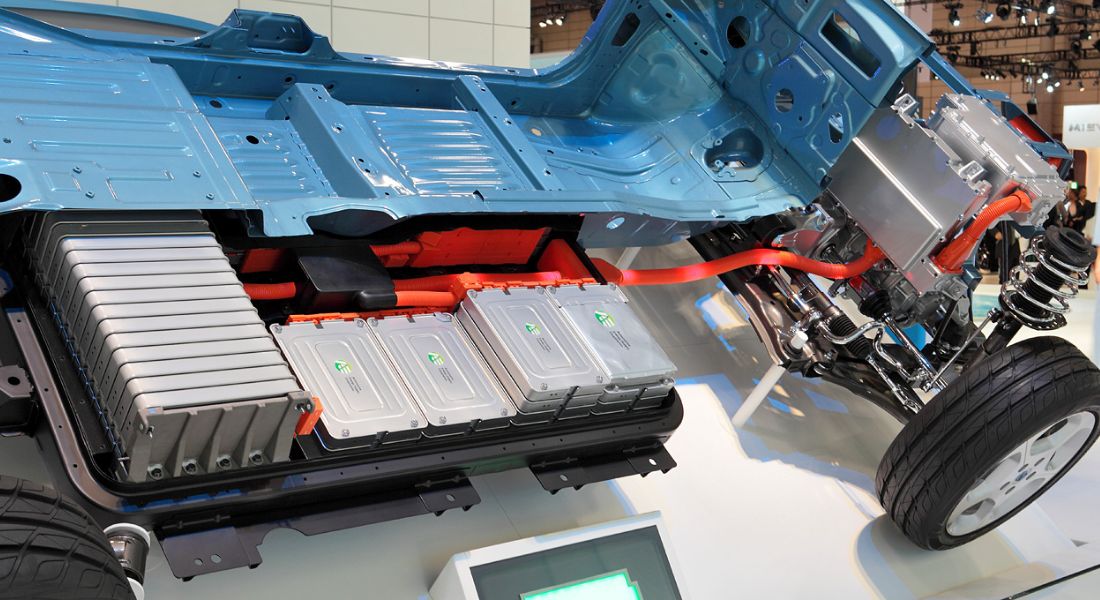Japan plans to team up with Zambia, DRC and Namibia to develop supply chains for cobalt in making electric vehicle batteries (EV Batteries).
Yasutoshi Nishimura, Japan’s minister for economy, trade and industry, said last week he will visit the three countries, along with Angola and Madagascar, during an eight-day tour of Africa that will end 13 August 2023.
In his eight-day tour, Nishimura will sign a memorandum of understanding and other agreements which are expected to coincide with the itinerary.
Read Also: How Mining in DRC Holds Key to Energy and Economic Development
Japan and Zambia are expected to begin extensive exploration in the African country, expanding the scope of the search from cobalt and copper to include nickel.
Japan plans to provide remote sensing technology to identify potential mining sites using satellite imagery through Japan Organisation for Metals and Energy Security (JOGMEC), the state-owned resource explorer.
No specific date has been mentioned but the project is slated to begin within this year.
Extensive exploration for EV Batteries
“Though JOGMEC is active in Zambia, Congo and Namibia, no private-sector Japanese company has entered any of those countries to develop mining projects for critical minerals due to various risks and the large amount of capital required. A government-led effort to develop resources is seen as helping to draw private investment,” Nikkei Asia reported.
A remote sensing centre is being built in the DRC with support from the Japan International Cooperation Agency.
JOGMEC will be among those to train locals in the use of the technology.
On April 26 this year, the African Development Bank Group (AfDB) said DRC, in partnership with other countries, can leverage its abundant cobalt resources and its hydroelectric power to become a low-cost and low-emissions producer of lithium-ion battery precursor materials and cells.
Read Also: Kenya’s E-mobility Startup Basigo Enters Rwanda
“…DRC is well positioned to take a leadership position in the energy transition industry as well as derive significant economic benefits because it ac-counts for 70% of the world’s cobalt production and over 51% of global reserves.
Energy transition
These minerals are needed for the energy transition as they serve as critical feedstock for EV Batteries and Electric Vehicle manufacturing value chain,” said AfDB.
According to the United States Geological Survey (USGS) data on global mineral reserves, Africa hosts: Cobalt (52.4%), Bauxite for aluminium production (24.7%); Graphite (21.2%), Manganese (46%) and Vanadium (16%).
The DRC has the largest cobalt mineral reserves of 3.6 million metric tonnes, says USGS in its 2021 report, equivalent to 51% of the global cobalt reserves.
Countries producing cobalt in Africa include the DRC, Madagascar, South Africa, and Morocco, with the DRC producing 120,000 metric tonnes in 2021, equivalent to 70% of global production.

